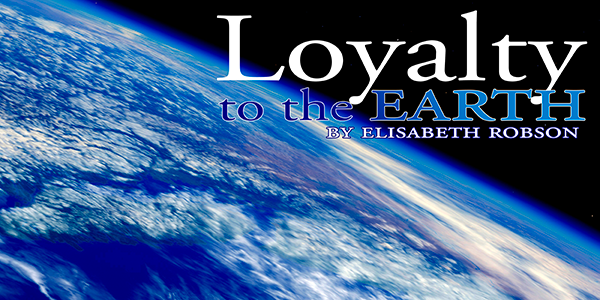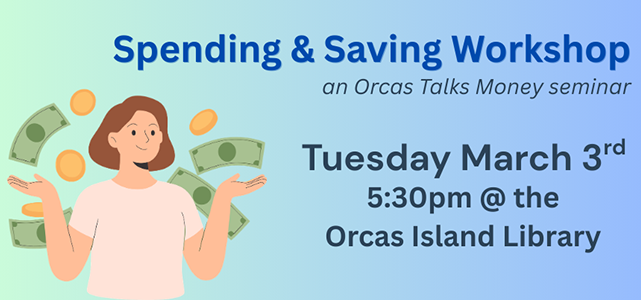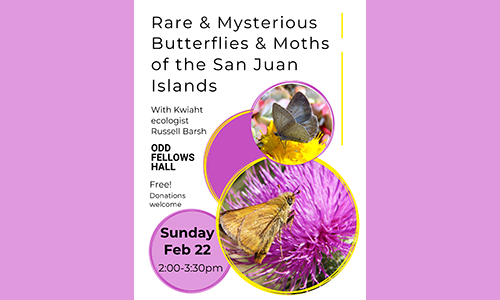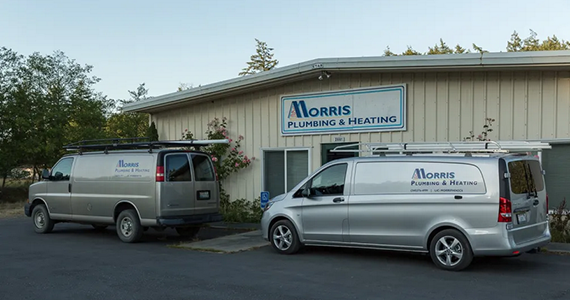We do not live in the world. We live in a picture of the world.
— Joseph Campbell
||| LOYALTY TO THE EARTH by ELISABETH ROBSON |||
What does it mean to be alive in a world ruled by machines?
It means waking up to the hum of electricity before the birds have stirred.
It means measuring time in minutes, not in migrations.
It means driving past the same trees every day and never seeing them.
It means the flicker of screens is more familiar than the shimmer of a leaf in the wind.
We have surrounded ourselves with the artificial and called it progress. We have handed our lives to engines, systems, and glowing rectangles, and they have trained us well:
Move fast. Stay productive. Be efficient.
Don’t feel too much. Don’t stop. Don’t ask where it’s all going.
Earth Day has always existed in the shadow of machines.
It was born there, in 1970, as smokestacks blackened the skies and rivers caught fire from runoff and oil. Armies of fossil fuel slaves allowed us to mechanize the harms, to systematize the destruction. Even as we’ve outsourced some of the dirtiest industries to communities on the other side of the planet over the past 55 years, we’ve only increased our addiction to more—more cars, more bulldozers, more mines, more screens, more servers, more sprawl. Faster and faster, more and more, year after year.
We are still made of blood and bone, not wire. We still need clean water and fresh air. We still dream in birdsong and soil.To free our minds from the rule of machines, we must do something profoundly simple.
We must slow down.
We must go outside.
And we must pay attention as if our lives depend on it—because they do.
Watch how the wind sculpts the grass. Listen to the bees talking in the flowers. Notice the pattern of lichen on bark and stone, the way a single crow tilts his head as you pass. They are not ornaments. They are kin.
Sit with the grief of all that’s been lost—the forests cleared, the animals crushed under wheels, the rivers, lakes, and shorelines choked with plastic. Let it break your heart open. And then let that brokenness be the place where reverence grows.
Because connection begins with attention.
And love begins with connection.
This Earth Day, remember:
The machines will not save us.
But the moss might.
The mycelium might.
The whale song and the cedars and the unseen lives beneath your feet—they just might,
if we choose to pay attention.
— Mary Oliver
**If you are reading theOrcasonian for free, thank your fellow islanders. If you would like to support theOrcasonian CLICK HERE to set your modestly-priced, voluntary subscription. Otherwise, no worries; we’re happy to share with you.**








